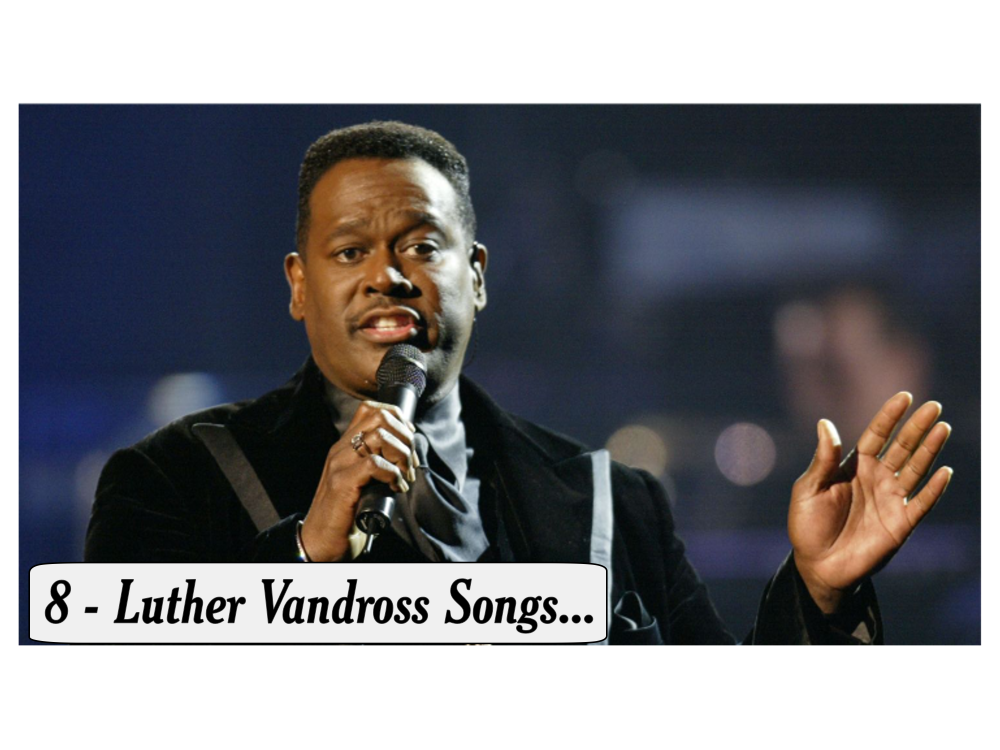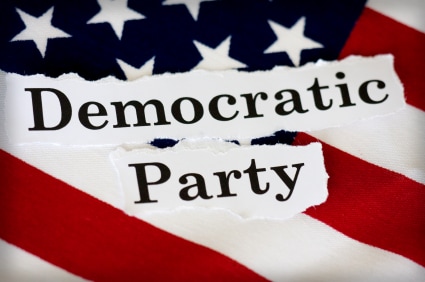(ThyBlackMan.com) A day rarely passes that someone struggling the often contradictory rules of Race does not ask the following question. Many people dance around it, however, it does not matter if the approach is indirect or brutally inquisitive with little concern of offending those that they are seeking information from, it rings the same way. All want to know “What is wrong with Black men?”
This intrusive question is so common that it no longer causes a rise in blood pressure or anger. Believe it or not, I have been asked it so frequently that I find it slightly amusing. My amusement increases when the piercing question comes from black women. I communicate my amusement via a slight smile that I hope informs my questioner that I understand the larger framework that contextualizes their question. Experience has taught me that what they are actually asking is the following; “How does it feel to be a problem?”
I care little if others consider my non-verbal response to be impolite; that is never my intention. I wish that they understood that I could never provide a succinct answer to this matter as it is a very complex answer that mandates more than an “off the cuff” answer.
My understanding that this matter requires our full attention has led me to address this matter in this space.
Before I embark on this ambitious journey, I already understand that I will fail at providing a complete answer. I am confident that reasonable people agree that this relatively small space is insufficient; put simply, this problem has not only existed but also morphed over the past 400 years. Consequently, the answer to why African-American men lag behind all others in nearly every socioeconomic and health indicator is difficult to fully answer in any space, let alone a blog entry.
Those seeking to uplift black men must understand that the underlying catalyst to their collective suffering has morphed since the arrival of the first stolen Africans in the Jamestown colony in 1619. The historical record indicates that the existence of Africans in colonial America forced a cascade of decisions such as are these ebony men free, half-free, or slaves. The status of stolen African males was so tenuous that it was common for the British invaders of the North American continent to assert that this dark population was a sub-species of humanity.

In the wake of chattel slavery’s disappearance, the familiar question of “From where do the current challenges facing black males emanate?” Of the most popular contemporary conclusions regarding black male suffering is that the catalyst is the destruction of the black family; particularly can be traced to the disintegration; most notably, the absence of black fathers as socializing agents in the lives of their children.
Data reveals that in the late 19th Century, Philadelphia, “the city of Brother Love” had a thriving black community with 75% of the homes headed by two-parents; in 1925 nearly 80% of New York City’s black households were similarly structured. Such information is crucial to understanding the undeniable fact that the female headed-household is a relatively recent phenomenon in Black America.
Census data conveys that before the 1954 Brown v. Board of Education decision only 18% of Black households were headed by a single parent. Most would be shocked to learn that during this period, the African-American marriage rate exceeded that of whites; this situation lasted for a full century after the U.S. Civil War ended. The above information serves as a significant stumbling block for those who cite chattel slavery as the catalyst for the destruction of the black family unit.
According to the late noted scholar Walter Williams, in 1940, only 14% of black children were born to unwed mothers. When measured against contemporary rates, such data is best summed up by the Biggie Smalls lyric, “Damn, things done changed.” Today, the rate of children born to unwed mothers sits at an average of 75% (it is as high as 90% in many central city areas), nearly half of marriage-age African-Americans will never marry, and 70% of Black households are female-headed. Closely associated with these matters is the reality that Black female-headed households experience poverty at a rate of 47% versus the 8% rate found among married Black households. A study conducted by the Organization for Economic Cooperation and Development found that 25.8% of American children are raised by a single parent, a number high above the 14.9% average seen throughout the industrialized world. Among African-Americans, the rate is nearly five times the global average, with 72% of black children relying on a single parent, usually the mother.
Most agree that the primary culprit in the destruction of the black family is none other than the pursuit of integration, a process that muted Black America’s traditional value system. Put simply; it appears that integration eroded Black America’s traditional principles of familial solidarity in favor of a European worldview that tends to use finances as the primary, if not the sole determinant of a mates worth. Such a worldview is the antithesis of the historical cooperative relationships and collectivist economics that has kept African-American couples afloat during the leanest of times.
In the last half-century, it is obvious that the maligning and dismissal of black men by the women that they produce children with is reflective of this worldview. One must not forget that black women are not alone in adopting such dubious values, black men have also integrated significant portions of the “ain’t nothing going on but the rent” perspective into their value system. Such a perspective has proven disastrous to black fathers whose financial hardships frequently lead to their exit from their families under a cloud of shame.
Amazingly, the scholarly community has even joined the choir questioning the utility of fathers in the home. A Johns Hopkins University sociology professor argued the following.
It has yet to be shown that the absence of a father was directly responsible for any of the supposed deficiencies of broken home. (The real issue) is not the lack of male presence but the lack of male income.
Such an unwise posture is akin to academic foolishness that ignores the crucial role Black fathers play in the lives of their children; roles that extend further than being a “cash cow.”
Despite voluminous protestations, many women have intentionally aided the proliferation of female-headed households through a host of questionable activities, poor decision-making, and flawed priorities. The actions of many women appear to be emanating from the foolishness shared in the John Hopkins study referenced above. Put simply, such women, not all black women, behave as if the black father’s only utility is providing financial resources. Failure to reach this threshold renders him disposable.
The erasure of black males from the lives of their children creates cavernous gaps in their socialization. Daughters find it difficult to set ground rules and expectations for her dealings with suitors. Just as importantly, the father serves as the primary modeler of manhood structures for his son. The father’s absence from his children’s lives, a situation that should never be conflated with his absence from the home, usually ferments a dysfunction that is never corrected.
This sordid tale reminds me of Jawanza Kunjufu’s quote that
Black women raise their daughters and love their sons.
It is difficult to argue against Kunjufu’s assertion. Mother’s, the primary socializing agent in black girls understanding of ‘what a woman ought to be and ought to do’; however, even this process holds significant dangers if the mother lacks a clear understanding of womanhood. There is little doubt that the father’s absence from the lives of his son leaves his offspring lacking crucial manhood training. Despite the loud protestations of many women, their inability to “teach a boy to be a man” is not worth discussing. The evidence of such abounds.
Despite childish tantrums from black women, they cannot teach black boys to be black men. Such foolish becomes painfully apparent when one attempts to argue that black men possess the capability to groom the next generation of black women without the input of black women. The assertion is ludicrous. The efforts of black women to usher black boys into manhood without the input of some black male tends to cripple black boys with ridiculous strategies remind one of a bi-polar mental disorder that vacillates between a mother’s doting love and a tyrannical overseer seeking to increase cotton production. Such unpredictable actions have innumerable repercussions that will manifest themselves in a host of ways during adulthood.
Although rarely discussed, the father’s absence in his daughter’s life carries significant danger. According to scholars such as Jawanza Kunjufu, when fathers are absent from the rearing of daughters, girls grow up witnessing their mother carry an oppressive psychological load and untenable financial demands without any regular assistance from a male. Such concerns are compounded by the tendency of mother’s not to demand much from sons. When the time arrives for black girls to consider a mate, their ignorance of a fully functioning productive partnership marginalizes such efforts and compromises the future of Black America. When viewed from this perspective, it is predictable that black girls raised without the presence of a suitable male figure will most likely gravitate toward males who offer little of anything.
Just as troubling, Black males raised without a father create a patchwork understanding of manhood from a junkyard of readily available life lessons and teachings in American streets. A cursory glance of the contemporary state of African-American males verifies the voluminous damage that flawed constructs and bad advice produce. If nothing else, the present state of black males proves that appropriate guidance from some male figure, preferably the father is essential to future success.
So, the next time that the question of “What is wrong with Black Men?” is posed, I will answer in the following manner.
I believe that many factors led to the contemporary marginalized state of Black men; however, it is at least partially attributable to the disintegration of the family and the haphazard manner in which many, not all, black women have destroyed their family and by extension lessened their children’s future by failing to value the contributions of a two-parent home. It is also attributable to black men who have never received or chose to not adhere to the rules of manhood. The alluded to black men have unfortunately perpetuated a dysfunctional cycle that combines with institutional racism, white bigotry, and discrimination to ensure the marginalization of black men for yet another generation.
Unfortunately for Black America, the sins of the parents are visited on the children. In many ways, it appears to be a deep bruise that never heals and therefore dooms black children to live lives that mimic their parents. Although I would love to argue against the idea that my community, with the help of white bigots and racist institutions, has created an efficient cycle of familial destruction that will repeat itself until the end of time; however, I cannot bring myself to lie to you.
Staff Writer; Dr. James Thomas Jones III
Official website; http://www.ManhoodRaceCulture.com
One may also connect with this brother via Twitter; DrJamestJones.

















Leave a Reply